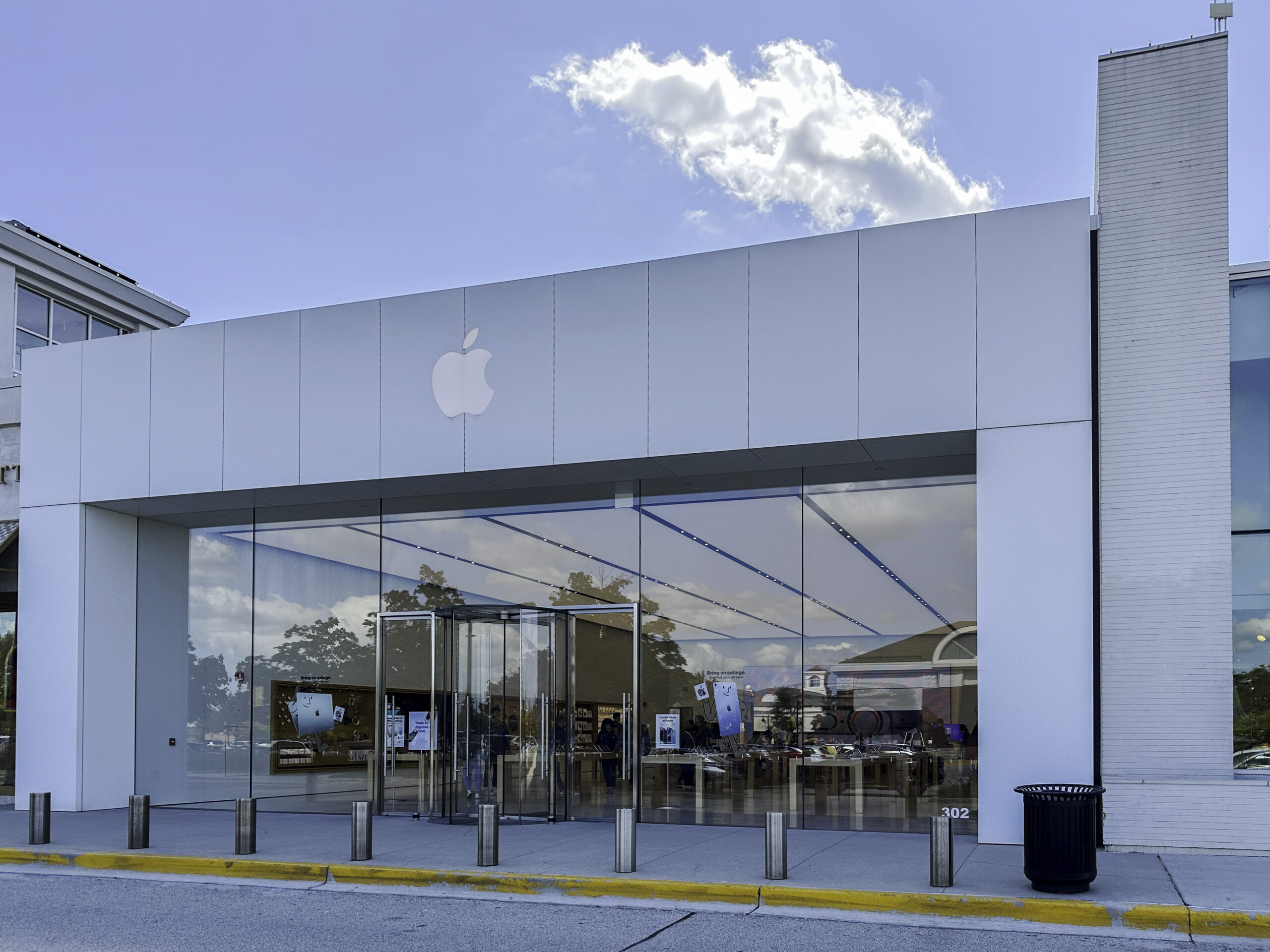A Jury of Your Peers: Apple v. Samsung Jury Foreman Also Holds Questionable Tech Patents
Although we will have more to come at DisCo on the Samsung-Apple verdict, I wanted to highlight a particular piece of curious information.
As many recent news reports have pointed out, the jury foreman, Velvin Hogan, is himself a patent owner. One of Mr. Hogan’s patents, for a “method and apparatus for recording and storing video information,” filed in 2002, appears to be for a DVR/media server with removable drives. In other words, a device that can record video and copy it onto a storage medium and make it accessible for on-demand viewing at a later date. Given the fact that the first TiVo was released in 1999, it is conceivable that this particular patent would not meet the non-obvious standard necessary to qualify for patent protection (despite a few extra bells and whistles, like that ability to use a wireless keyboard, connect to the Internet, edit media and order movies on demand) as it does little more than combine known methods and current technology. (KSR v. Teleflex, the most recent Supreme Court case on the “obviousness” standard for patentability, held that the “combination of familiar elements according to known methods is likely to be obvious when it does no more than yield predictable results.”)
It is an interesting fact that the legal interests of the foreman of the jury evaluating Apple’s allegedly obvious patents, such as the “pinch to zoom,” the “bounce back” and the “slide to unlock” functions, could be independently affected by whether the jury’s decision produced a nonobviousness standard more forgiving to the patent holder. (As one prominent software engineer noted in the NY Times, Apple’s patent of the pinch-to-zoom function is like a carmaker patenting “a circular steering wheel”.)
Of further interest is that Mr. Hogan’s own experience with the patent system (in which he himself is a stakeholder) did indeed color his views in assessing Samsung’s liability:
Hogan described the deliberations in vivid detail, saying the first task was to determine if Apple’s patents were valid because of Samsung’s arguments they were negated by “prior art” in the industry, essentially technology that existed for features such as touch screens before the introduction of the iPhone. Using his own experience getting a patent, Hogan said he had a revelation on the first night of deliberations while he watched television.
“I was thinking about the patents, and thought, ‘If this were my patent, could I defend it?’ ” Hogan recalled. “Once I answered that question as yes, it changed how I looked at things.”
Furthermore, Mr. Hogan’s views of patentability were reportedly very influential in getting the jury over the original patentability questions on which the entire case turned, as CNET’s interview with another juror makes clear:
“We were debating heavily, especially about the patents on bounce-back and pinch-to-zoom. Apple said they owned patents, but we were debating about the prior art [about similar technology that Samsung said existed before the iPhone debuted]. [Velvin] Hogan was jury foreman. He had experience. He owned patents himself…so he took us through his experience. After that it was easier.”
It will remain an interesting historical wrinkle that the most prominent decision-maker in this case could be so directly affected by the outcome — not as a member of the public who stood to benefit from the promotion of progress in the useful arts, but as the owner of an entitlement created by a patent system that has gone off the rails.








